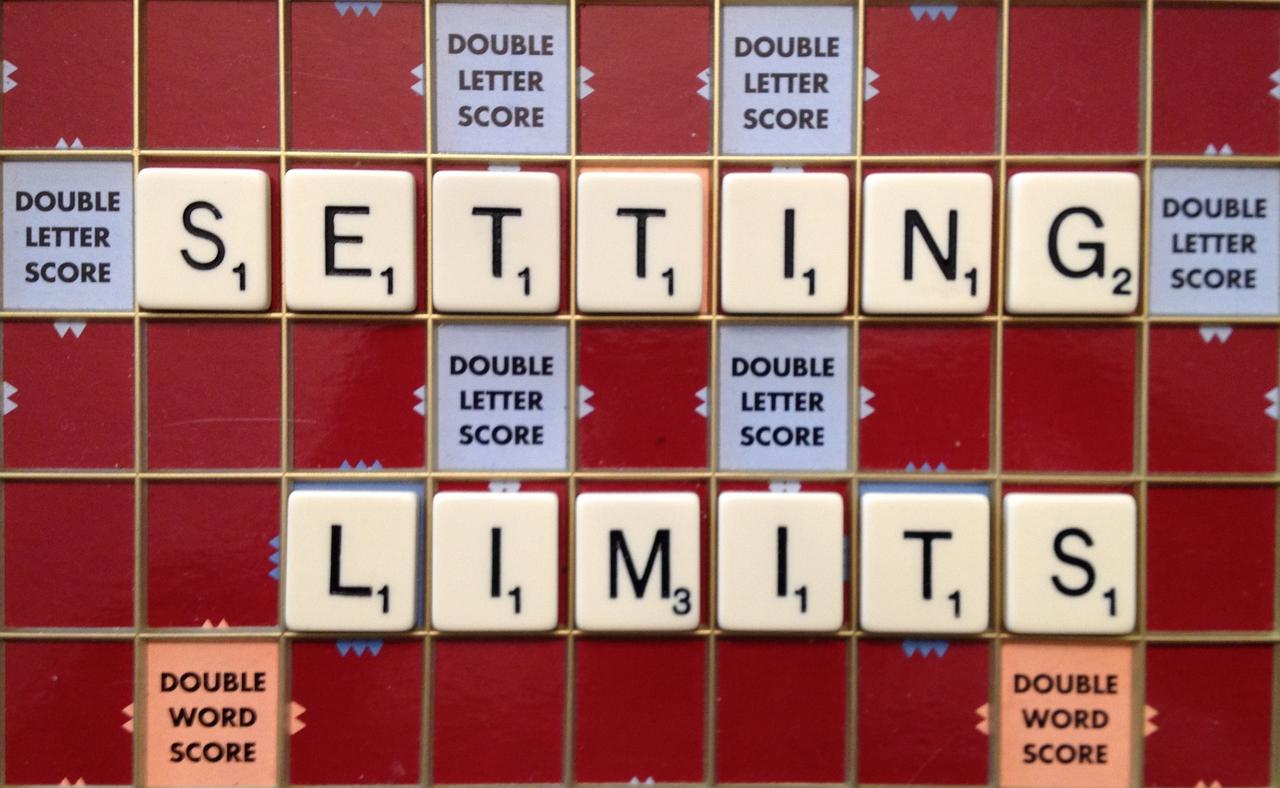Setting Limits
This article is about coming to terms with our limits as we face the circumstances of a V.U.C.A. world. V.U.C.A. is an acronym first developed by the U.S. military for describing a situation that is Volatile, Uncertain, Complex, and Ambiguous. I suggest those four words make good descriptors for the circumstances of our daily life and work.
Our culture is caught in a syndrome of overload: information, social media, consumer choice, education, expectations, change, and stress to name a few. The enormous increase in the speed of daily life has become pathogenic.
People are at their limit; with their margins feeling slim to none. Margin is the space between vitality and exhaustion. I’ve lost count of how often clients say, “I’m just totally exhausted.”
So, what are we to do? How do we need to be? We can start by setting limits. We need to examine our behaviour, make different choices and change our lifestyle. The adjustments don’t have to be huge. Taking baby steps are recommended so the new behaviour “sticks.”
A few tips for setting limits:
- Start with self-awareness. We can’t change what we don’t know or won’t admit. Many people feel trapped by their circumstances which is typically a feeling, not a fact. Increasing our awareness can begin by admitting to ourselves that we choose the way we live, and therefore we can choose to change.
One of my habits is “doing too much” and when I’m feeling stressed, I speed things up instead of slowing down. Even at this life stage, I am still learning that persistence is more important than speed; that life is a marathon, not a sprint.
- Get smart about technology. How much time in your life is being sucked away by Facebook, Instagram, Twitter, LinkedIn, gaming etc.? The quantity of information reaching us daily has far surpassed what the brain can assimilate and process. We need to make technology work for us not against us.
E-mail has become a communication crutch. It’s being used when a phone call or an in-person conversation is a far better choice. And note that nearly 60% of email messages are misunderstood. So, when something is really important, pick up the phone or speak directly to the person. And never use e-mail when the issue is controversial or emotional - there’s far too much room for misunderstanding.
Start being consistent about using the e-mail subject line to correctly identify the message. And when there is a lengthy e-mail exchange, make changes to the subject line, for ease of following and filing.
When the e-mail message is short, type it directly into the subject line, followed by EOM (end of message). I’ve been using this method for several months now and find it interesting that people haven’t picked up on the idea, even though it saves a lot of time.
- Make regular breaks or sabbaticals part of your lifestyle. Plan a week off around long weekends; there are several each year. That week off is only 4 days unplugged from work, but with the weekends before and after, it’s a 10-day break. The pace of life today means we must intentionally build in more down time. This is a good way to do it.
Take a sabbatical. This is not the academic type but rather it’s scheduled alone time completely away from the commotion of daily life. Consider a personal retreat from all roles, where you completely disconnect and unplug from responsibilities and expectations.
- Be clear about expectations – for yourself and for those with whom you are in relationship. Expectations need to be openly discussed and agreed upon, whether it’s at work or at home. The more this is done as a matter of course, the easier it is to control limits. Our satisfaction and serenity are dependent on the expectations we hold for the experience and the relationship.
If you have tips or ideas about setting limits, please share them. I always love to hear from you.
Take good care of yourself,
Kathleen

